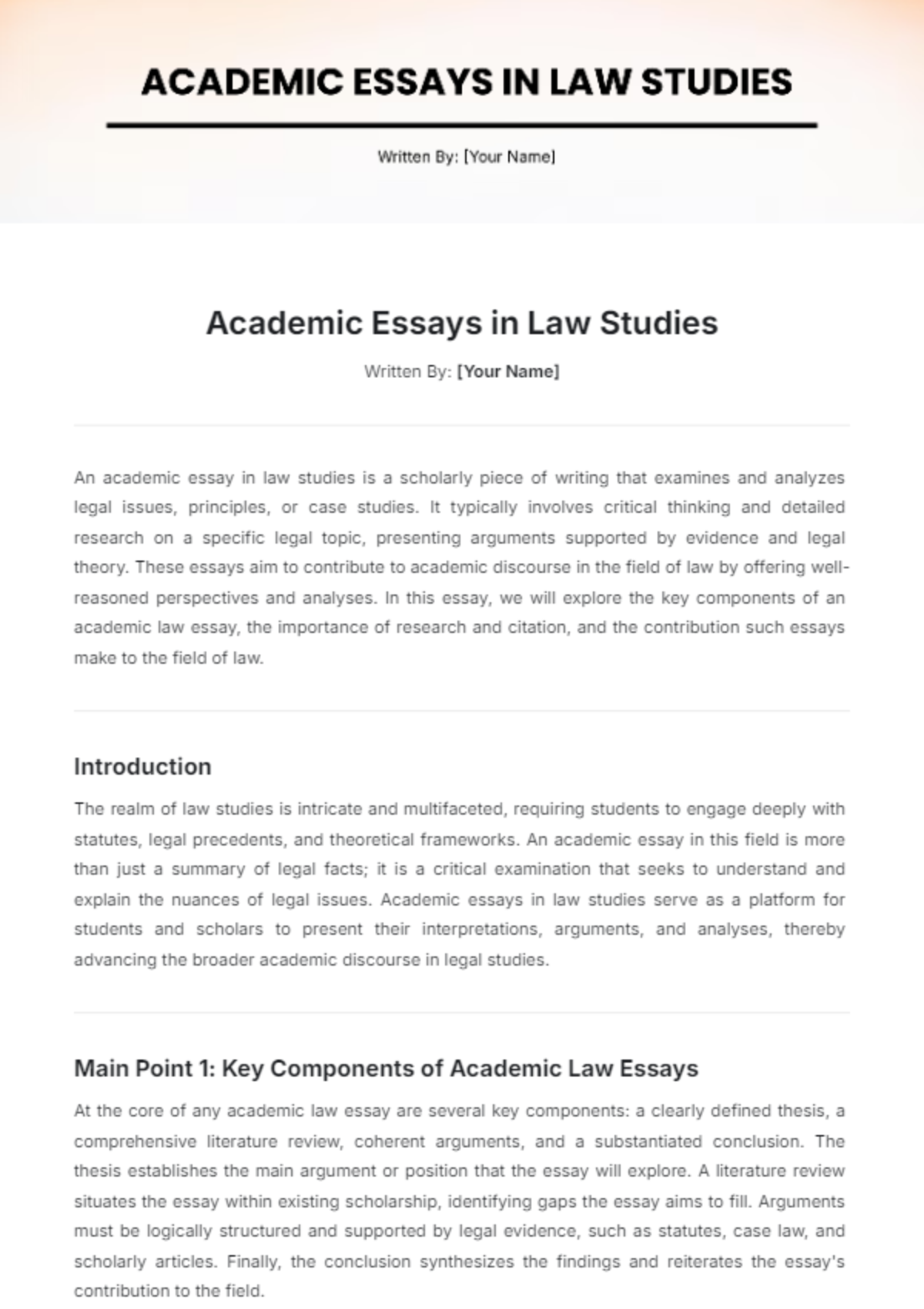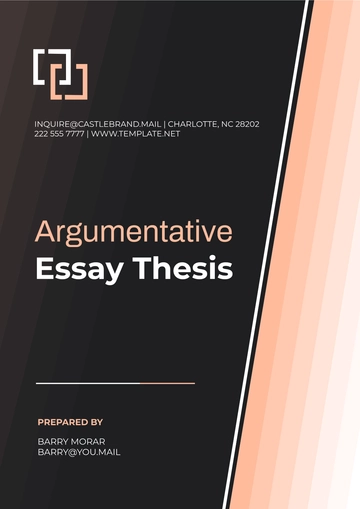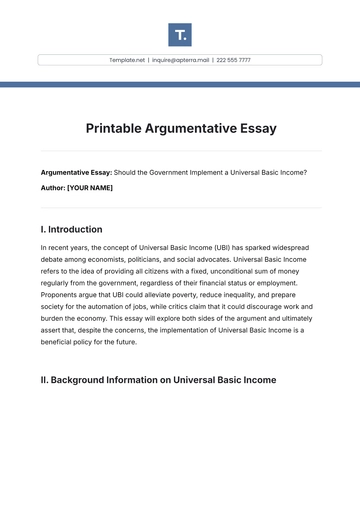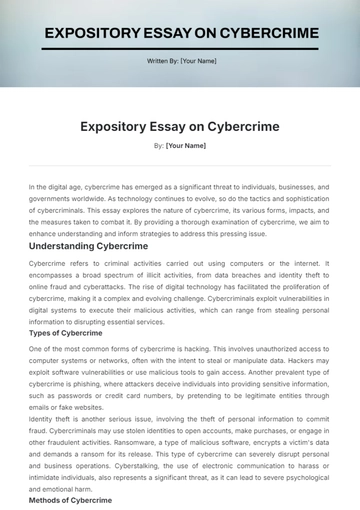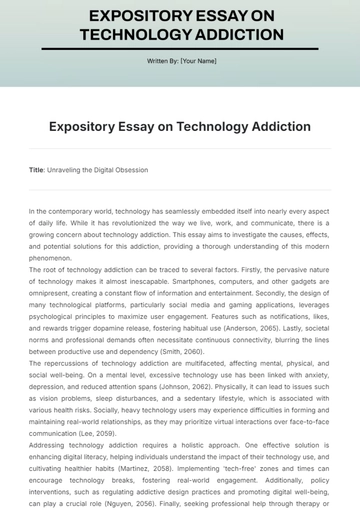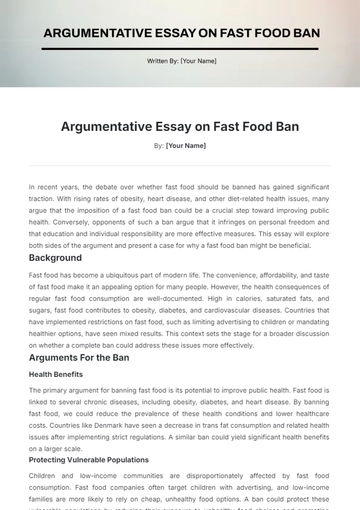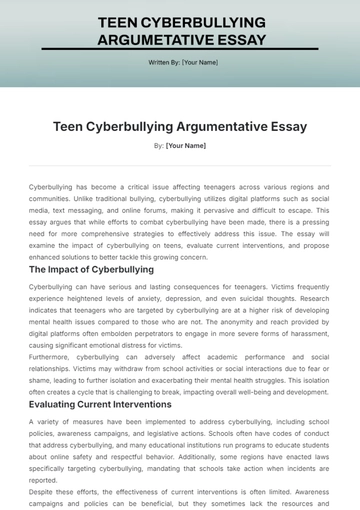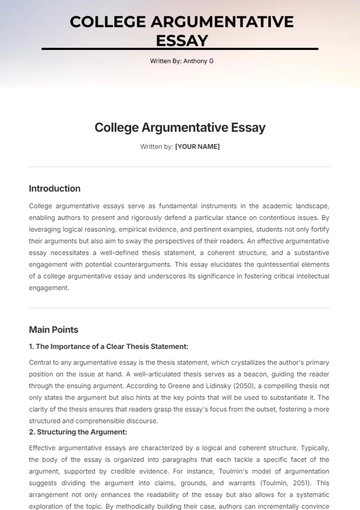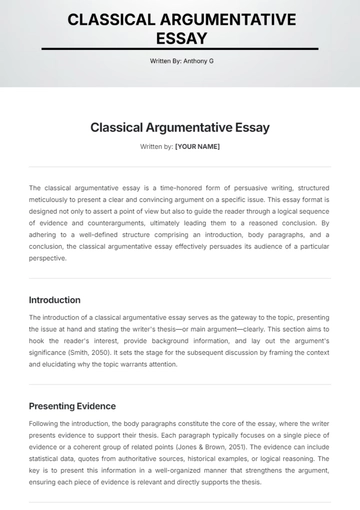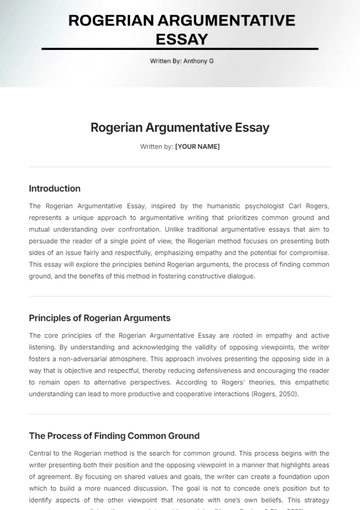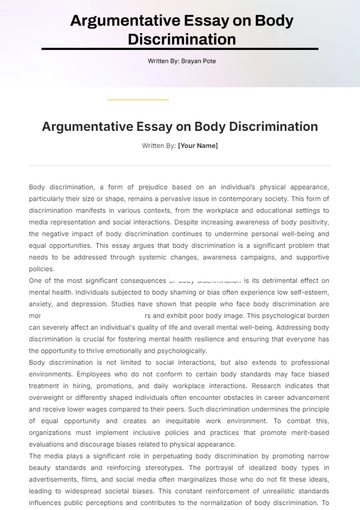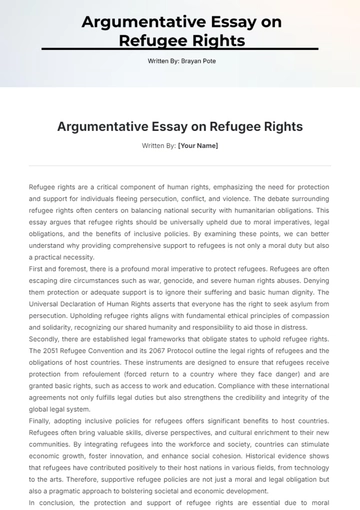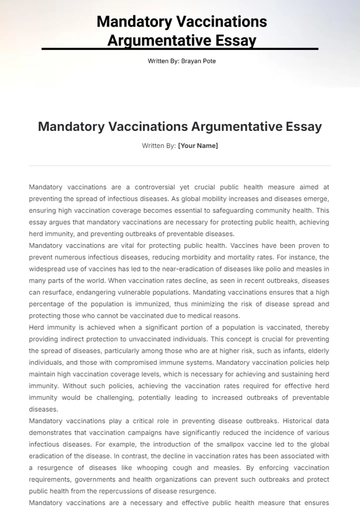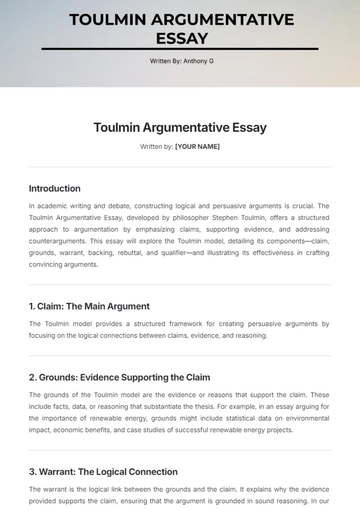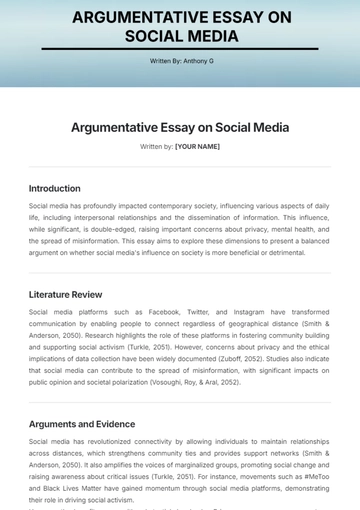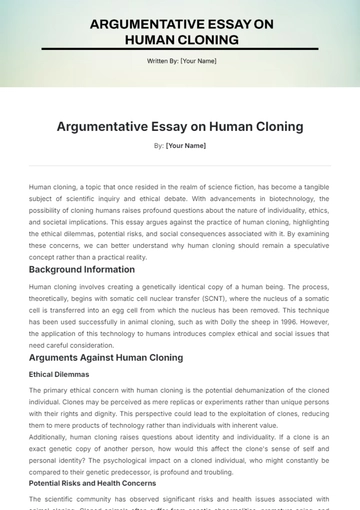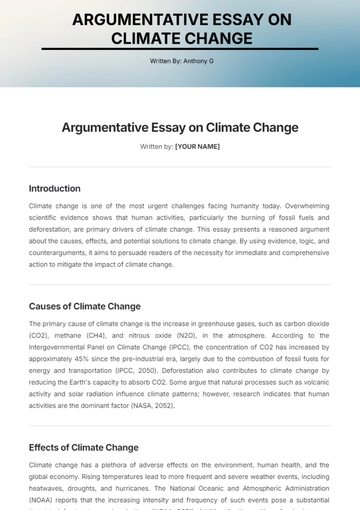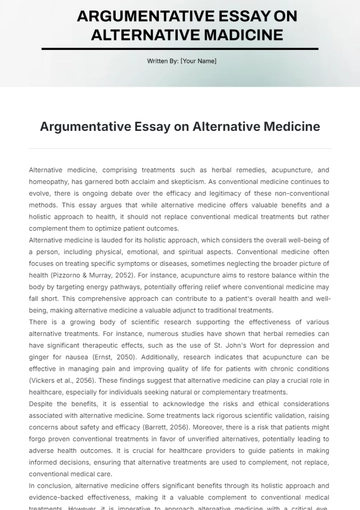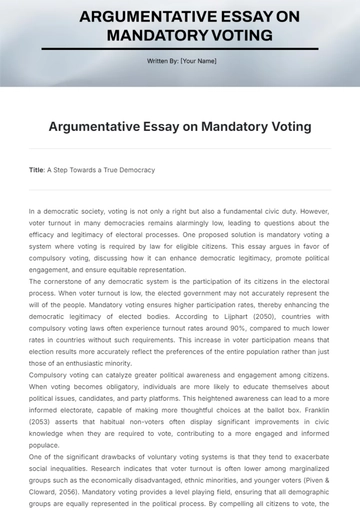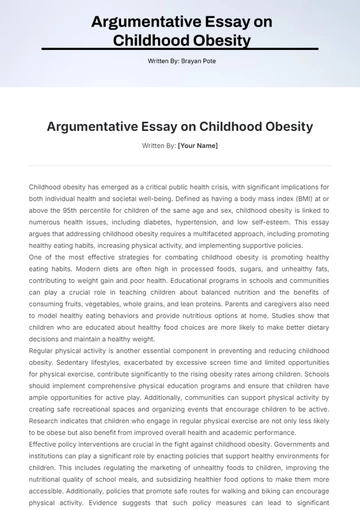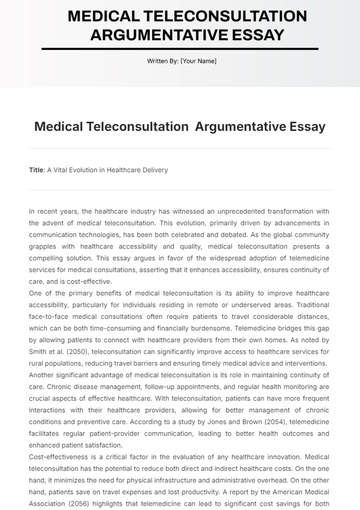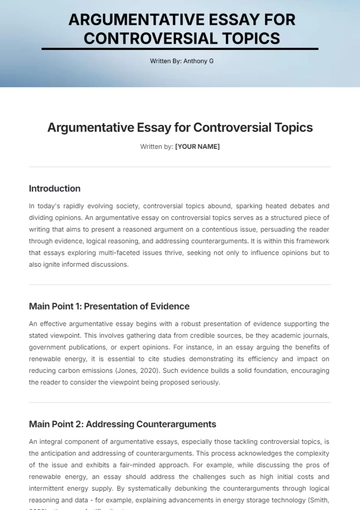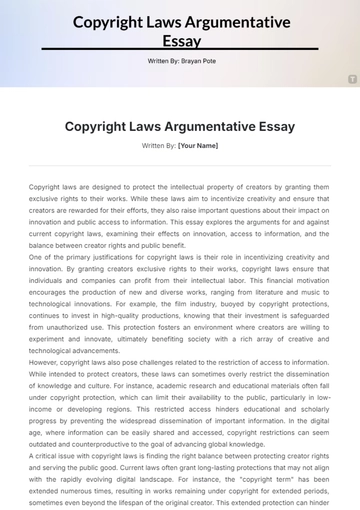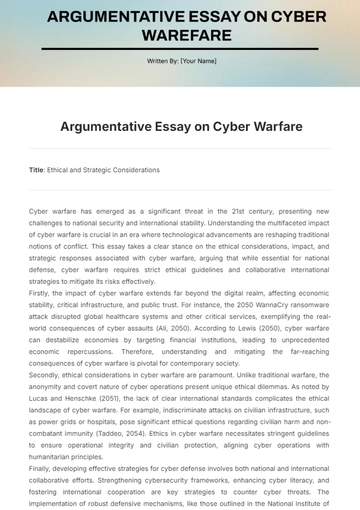Academic Essays in Law Studies
Written By: [Your Name]
An academic essay in law studies is a scholarly piece of writing that examines and analyzes legal issues, principles, or case studies. It typically involves critical thinking and detailed research on a specific legal topic, presenting arguments supported by evidence and legal theory. These essays aim to contribute to academic discourse in the field of law by offering well-reasoned perspectives and analyses. In this essay, we will explore the key components of an academic law essay, the importance of research and citation, and the contribution such essays make to the field of law.
Introduction
The realm of law studies is intricate and multifaceted, requiring students to engage deeply with statutes, legal precedents, and theoretical frameworks. An academic essay in this field is more than just a summary of legal facts; it is a critical examination that seeks to understand and explain the nuances of legal issues. Academic essays in law studies serve as a platform for students and scholars to present their interpretations, arguments, and analyses, thereby advancing the broader academic discourse in legal studies.
Main Point 1: Key Components of Academic Law Essays
At the core of any academic law essay are several key components: a clearly defined thesis, a comprehensive literature review, coherent arguments, and a substantiated conclusion. The thesis establishes the main argument or position that the essay will explore. A literature review situates the essay within existing scholarship, identifying gaps the essay aims to fill. Arguments must be logically structured and supported by legal evidence, such as statutes, case law, and scholarly articles. Finally, the conclusion synthesizes the findings and reiterates the essay's contribution to the field.
Main Point 2: Importance of Research and Citation
Research is fundamental to any academic essay, especially in law studies where the precision and accuracy of information are paramount. Legal databases, academic journals, and official publications are primary sources of credible information. Proper citation is equally important, ensuring that all sources are appropriately credited and that the essay adheres to academic integrity standards. Common citation formats include APA and MLA, each with its specific guidelines for citing statutes, judicial opinions, and scholarly works (American Psychological Association, 2050; Modern Language Association, 2050).
Main Point 3: Contribution to Legal Academic Discourse
Academic essays in law studies significantly contribute to the field by presenting new interpretations, challenging existing paradigms, and proposing potential reforms. Through rigorous analysis and well-supported arguments, these essays push the boundaries of understanding and provoke critical discussions among scholars, practitioners, and policymakers. For instance, scholarly essays have influenced landmark judicial decisions and legislative changes, demonstrating the tangible impact of academic discourse on the legal landscape (Stone, 2050).
Conclusion
In conclusion, academic essays in law studies are essential for advancing the field through meticulous research, critical thinking, and rigorous analysis. They not only help students and scholars articulate their perspectives but also contribute to broader legal scholarship by challenging conventional wisdom and offering innovative solutions. The importance of clear structure, thorough research, and proper citation cannot be overstated, as these elements combine to produce a scholarly work that is both credible and impactful.
References
Essay Templates @ Template.net
